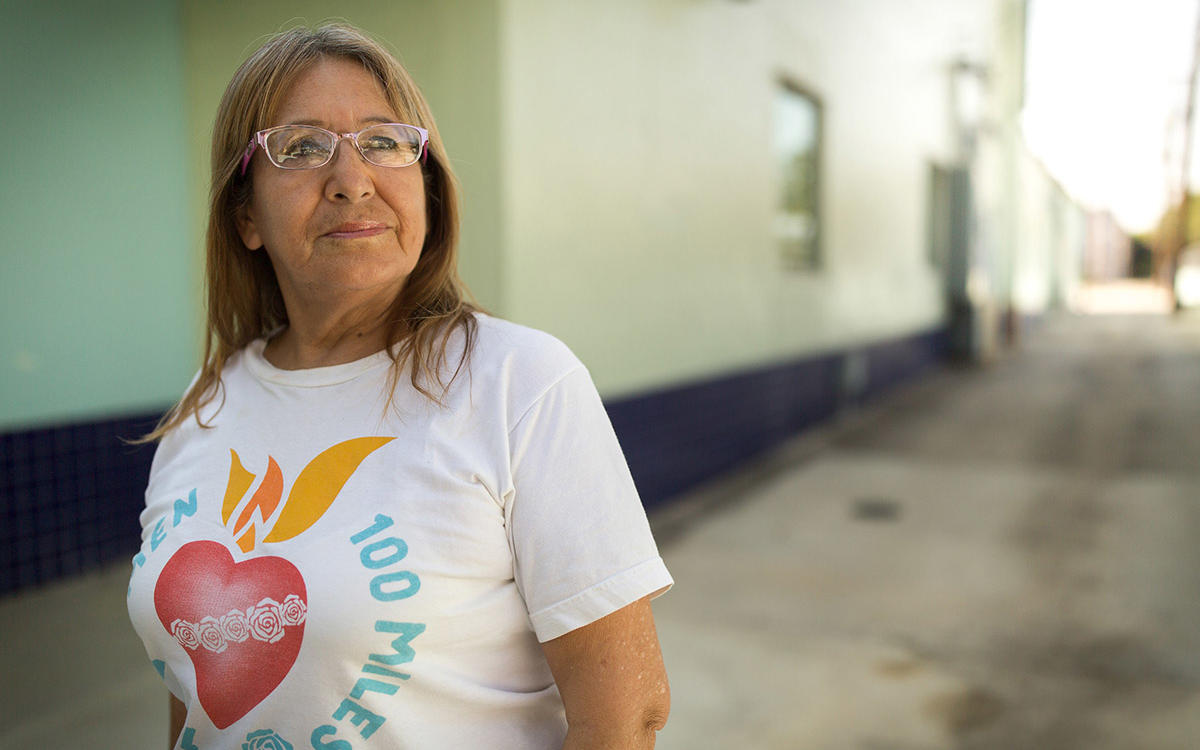
Araceli Herrera
Amid the continuous attacks on undocumented immigrants across the United States, on September 25th courts permitted key elements of Texas’ Senate Bill 4 to go into effect, which allows police to work with immigration officials in detaining suspected undocumented people. SB 4 acts as a ban on sanctuary cities, by allowing police to inquire about immigration status during routine traffic stops, keeping undocumented people detained in jails, and punishing officers or city officials who refuse to comply with the legislation.
Opponents of the bill have raised concerns over the bill as infringing on people’s First and Fourth Amendment rights, and the risk of increased racial profiling during traffic stops. With the increase of racist, anti-immigrant sentiment permeating the country, it is a legitimate concern for those who are undocumented who may fear that they are one stop away from being detained and deported.
That concern has not stopped those who most at risk from speaking out against it. Many immigrants living in Texas have raised their voices in opposition to the bill, most notably domestic workers who fear they are most at risk because of the precarity of their jobs.
Araceli Herrera is a domestic worker who cleans houses for a living and was an undocumented worker for years. She was the founder of Domésticas Unidas, a coalition of domestic workers which fights to empower and educate undocumented domestic workers in San Antonio. The coalition is based on camaraderie and sisterhood among groups of domestic workers who met on a bus route before they started their workdays. Meeting on public transportation, the group could assist one another in instances of illness, which prevented a member from receiving her wages, to offering condolences after the death of a relative. When the bus route was suspended, the women organized, fought, and won the restoration of the route four years later. The group’s official motto became, “Cooking, Cleaning, Organizing and Fighting, The World Changes.”
Domestic workers in Texas have been subject to exploitative labor conditions that could be exacerbated if SB 4 isn’t struck down. 59% of all domestic workers are undocumented and 26% of those domestic workers are live-in nannies, placing them at the mercy of their employers. Many are subject to slave like conditions, abuse and exploitation, afraid to speak out because of their employers’ threats of report and deportation.
Live out domestic workers, who rely on having cars and driving to get to their jobs, do so without a license, as Texas has not issued driver’s licenses to non-naturalized citizens in nearly six years. Domestic workers in Texas therefore need to carefully navigate the public and private sphere for fear of deportation in all walks of life.
In response, domestic workers have organized workshops that educate undocumented women on the rights they have during traffic stops. Fear and anxiety about SB4 has persuaded many that ignorance of the law is the wisest route. According to Araceli Herrera, “Many don’t want to know how SB4 will hurt them because they are scared. They go with their little kids and open their eyes when their questions are answered.” Instead of hoping and praying for the best, Domésticas Unidas workshops advise undocumented immigrants in Texas to memorize their respective lawyer’s phone number.
Although racist ideology concerning undocumented people has won at the state level in Texas, the sisterhood of Domésticas Unidas forges forward, undeterred. Undocumented domestic workers and supporters have been out in force, marching in San Antonio, and protesting at the State Capitol in Austin. Workers have put their undocumented status on display, fighting against a bill that will put themselves and their families in jeopardy. During such time, they will make sure to provide advocacy campaigns to empower other domestics to fight for their rights against exploitation and abuse at their place of employment as well. In the words of Araceli Herrera, “We have a beautiful sisterhood.”
(Photo Credit: Scott Ball / Texas Monthly)